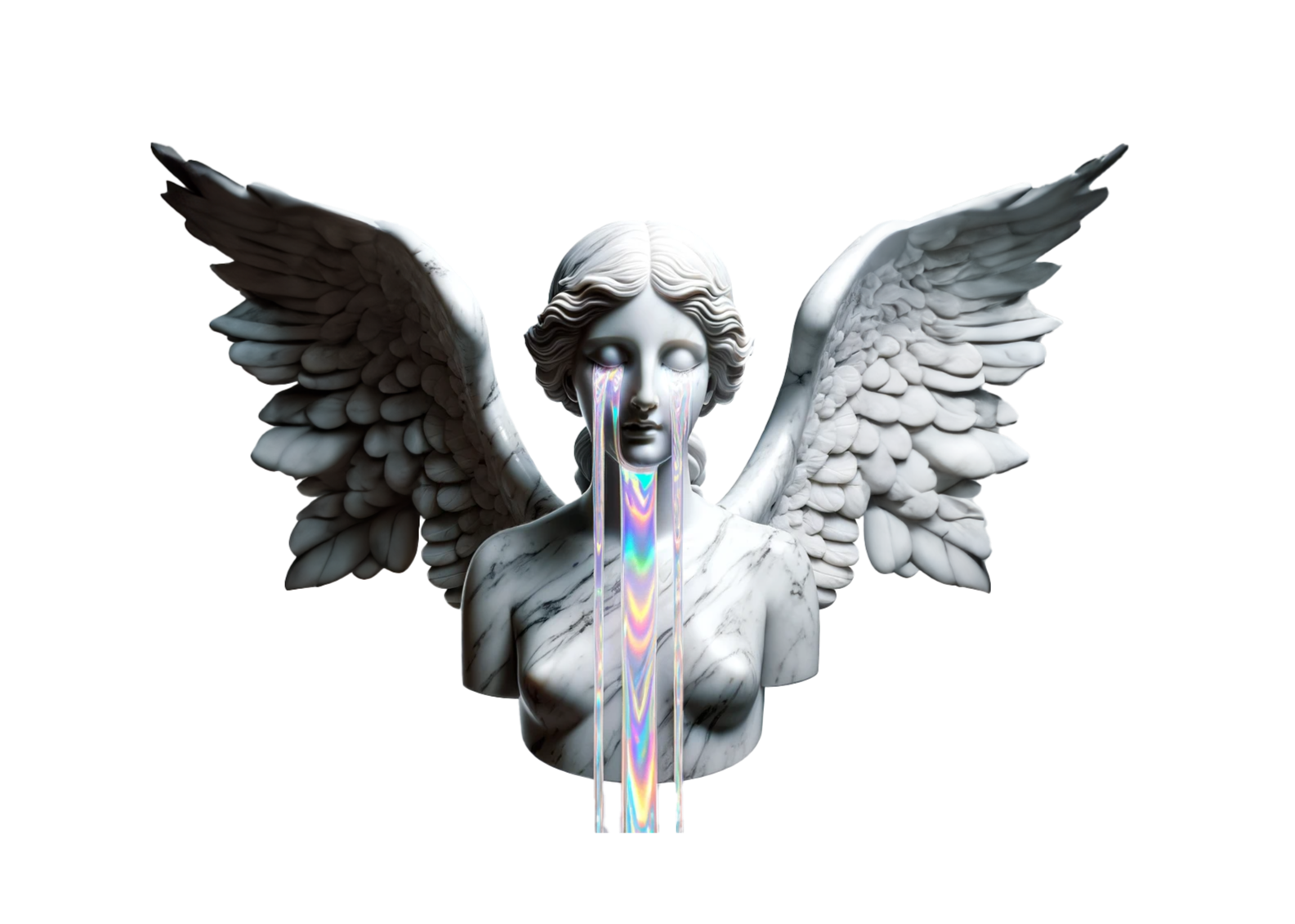The Right to Bliss

“Once you have tasted flight, you will forever walk the earth with your eyes turned skyward, for there you have been, and there you will always long to return.”
― Leonardo da Vinci
We take many things for granted. Usually, the things we need on a daily basis: food, shelter, a cardiac pulse – you name it. But wait, let's pay close attention to this last key element: it has something to do with “health”. But let's ponder, what exactly is health?The World Health Organization (WHO) defines health as a “state of complete physical, mental, and social well being, and not merely the absence of disease or infirmity" and also states that “the enjoyment of the highest attainable standard of health is one of the fundamental rights of every human being without distinction of race, religion, political belief, economic or social condition”.Since it is mostly “invisible”, the psychological component of health – as it's been previously defined – is considered secondary or even discarded and stigmatized. “Complete mental well-being”, also known as happiness, is seen as ephemeral or as a naive myth.Contemporary Psychiatry focuses on treating and preventing psychopathologies, not necessarily on promoting bliss – true mental health. It increases the quality of life of its patients by managing their symptoms and getting them to base-line well-being - euthymia. Anything above it is even considered dangerous and might be labeled a manic episode.But since “governments have a responsibility for the health of their peoples which can be fulfilled only by the provision of adequate health and social measures.” (WHO) it's probably time to think about our right to true health, which is inseparable from happiness.Tragically: “The World Health Organization reports more than 800,000 people to die by suicide every year. WHO, which is launching its first global report on suicide prevention, said more people die from suicide than from conflicts, wars and natural disasters combined.The World Health Organization reported every 40 seconds a person somewhere in the world commits suicide. Despite this shockingly high statistic, WHO said only a handful of countries have policies aimed at suicide prevention.”It's obvious that something is not working favorably to protect and improve our mental health paradigm. The curriculum of our education system rarely mentions mental health nor how to properly deal with psychological pain.Beyond the social, economic and environmental causes of mental distress, there are also genetic and biological factors that affect our resilience. Unfortunately, our coping mechanisms seem to lack substantial-effectiveness as seen in these alarming statistics.It's time for a pragmatic approach towards our demand for lasting happiness. Philosopher David Pearce, the founder of The Neuroethics Foundation and co-founder of the World Transhumanist Association, (rebranded and incorporated as Humanity+, Inc), states “There's clearly a strong causal link between the raw biological capacity to experience happiness and the extent to which one's life is felt to be worthwhile. High-minded philosophy treatises should complicate but not confuse the primacy of the pleasure-pain axis. So one very practical method of life-enrichment consists of chemically engineering happier brains for all in the here-and-now. Yet how can this best be done?“New research has shed light on novel therapies that if properly used can make a paradigm-shift on mental health. Today we have access to new tools and techniques that will soon eradicate a large portion of global suffering.
“The mind is its own place, and in itself can make a heaven of hell, a hell of heaven.”― John Milton, Paradise Lost
Relying on external events, different environments or achievements for the source of our happiness is a dangerous choice, since they are all unpredictable and ephemeral.Happiness is a byproduct of our interpretation of life, mediated and modulated by neurochemical states that allow us to experience well-being.Regardless of our current situation and circumstances in life, the pain, pleasure, and meaning we derive from it it’s the result of how we frame our current state - through the lenses of our inner mental landscape.Sustainable psychoactive interventions based upon our scientific knowledge of the central nervous system allow us to unlock states of blissful and functional well-being, otherwise virtually impossible to achieve in an effective and efficient time-wise way, given our limited life-spans.Strategies to combat addiction and tolerance to individual compounds through planned scheduling cycling of psychoactive substances targeting different neural pathways are feasible, unlocking true long-term true mental health, previously restricted to those with a rare gene profile that allows their existence to be permeated by immensely resilient happiness devoid of typical human suffering.Beyond neuroenhancement for a blissful existence, we have to keep in mind that a big part of the population is prone to depression or other incapacitating mood disorders. It’s important to highlight this fact since it’s barely mentioned in the media and there is no such thing as an “Introduction to Mental Health” in our current school system.Psychoactive pill-shaming and puritanical views of mental health are both flawed and dangerous. If one has diabetes, he will have to rely on insulin and other medicine to manage his chronic disorder. If one has a mood disorder or other suffering-inducing psychopathologies, this person will have to rely on proper treatment. Conventional approaches to mental health are limited in their ability to produce satisfactory levels of authentic wellness, and the aim of contemporary psychiatry, euthymia, is often transitory with conventional medication.I suggest that novel unconventional and unorthodox therapies that not only target depression and reduce pain but also enable each person to experience a whole new spectrum of positive emotions, along with a deeply meaningful experience of life itself, should be destigmatized and fully embraced as the noblest cause of all.
Baltazar Lakshmi